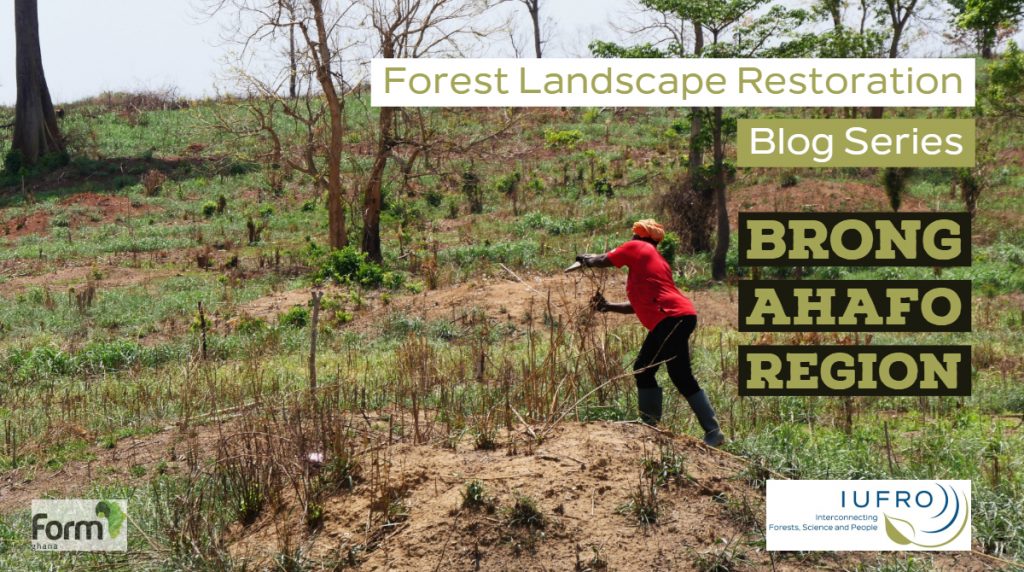The Reality of Virtuality – Sharing the GFEP Panel’s Digital Meeting Experience
In a globally connected world, we are used to communicating online. Nevertheless, many of us have been caught flat-footed by the sudden need to step up our virtual collaborations and give up face-to-face meetings due to the coronavirus pandemic. Read how 25 scientists of IUFRO’s Global Forest Expert Panel (GFEP) on Forests and Poverty and the GFEP team at IUFRO Headquarters virtually jumped in at the deep end and learned how to swim.
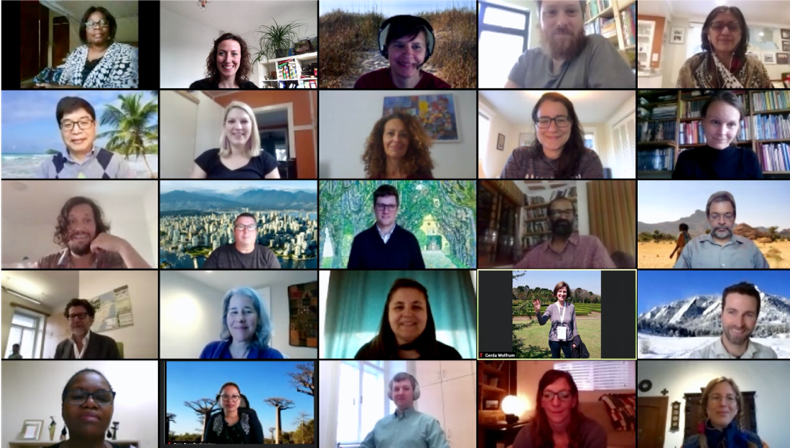
IUFRO Spotlight #76 – Transforming Forest Landscapes to Meet Current and Future Needs and Challenges
IUFRO Spotlight #76 –Transforming Forest Landscapes to Meet Current and Future Needs and Challenges
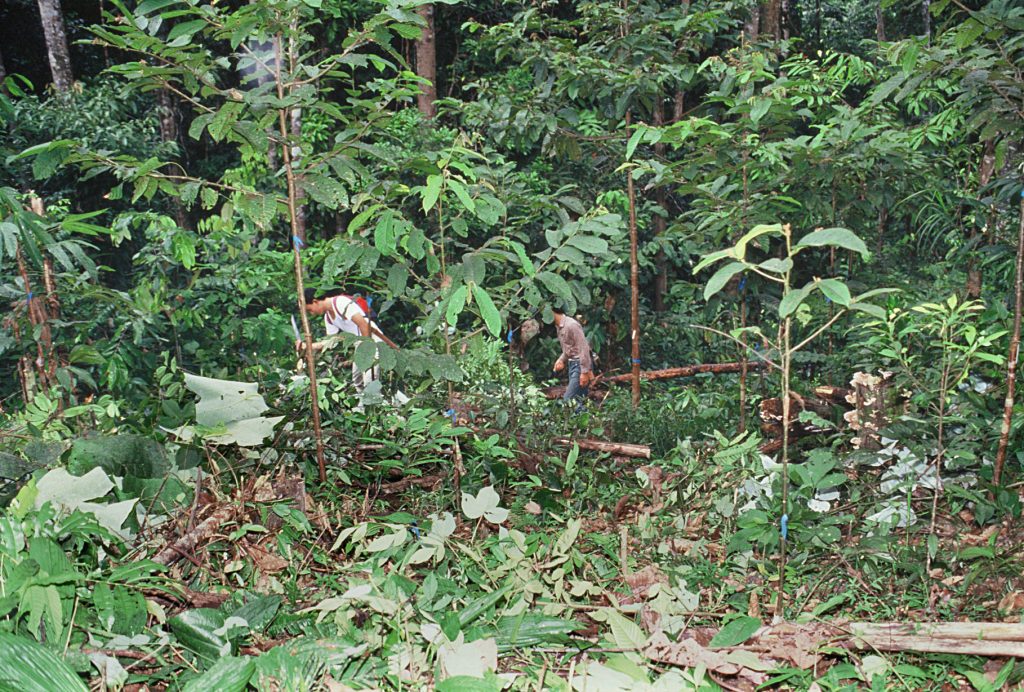
“Forest landscapes (FLs) are often the basis of local economies and social identity,” said Professor Andreas Bolte, Head of Institute at the Thünen Institute of Forest Ecosystems in Eberswalde Germany.
“In past, many forests have been heavily degraded by unsustainable practices, and today they are still under heavy pressure worldwide through the loss and degradation of forests, conversion to other land uses and, increasingly, climate change,” he said.
Read more…IUFRO Spotlight #75 – IUFRO Task Forces: A multi-disciplinary approach to addressing forest challenges around the globe
IUFRO Spotlight #75 – IUFRO Task Forces: A multi-disciplinary approach to addressing forest challenges around the globe
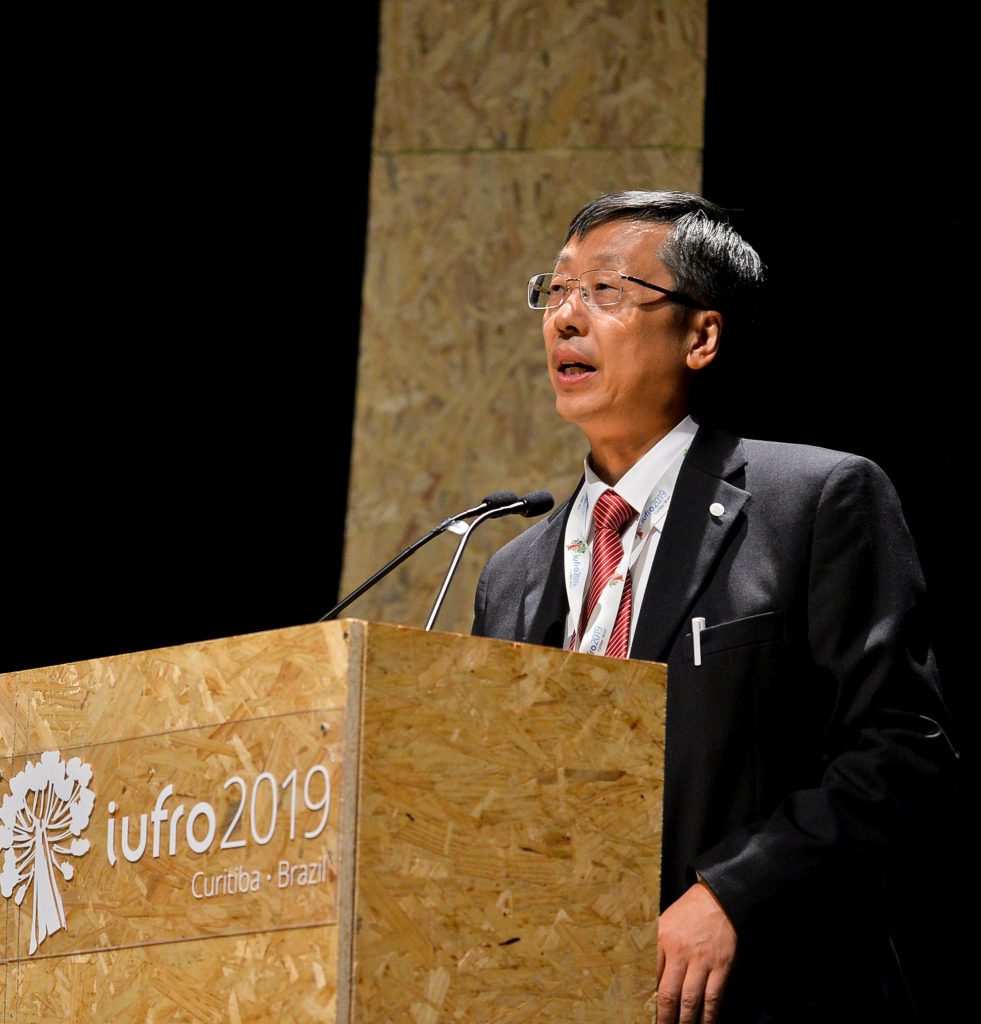
Current forest-related challenges are best addressed from a multi-disciplinary perspective.
Integrating knowledge from biophysical and socioeconomic sciences can provide more complete analyses of forest issues. These, in turn, are of more direct value to forest decision makers and practitioners.
That’s one of the primary reasons underlying the IUFRO Task Forces (TFs).
“The TFs serve as the platforms for scientists from different disciplines to work together and contribute their wisdom to the most pressing forest issues and international challenges,” said Dr. Shirong Liu, IUFRO Vice-President for Task Forces.
Read more…Ethiopia: matching project plans to budget, and human resource capacity is crucial in FLR
We are now in the Sub-Saharan African country Ethiopia, “land of origins”, meaning origin of humankind, Arabica coffee, blue Nile, and many more. In the seventh blog post, the name of the restoration project is Ethiopia’s Landscape Restoration at Lower Meqii (Dugda area), Soddo district.
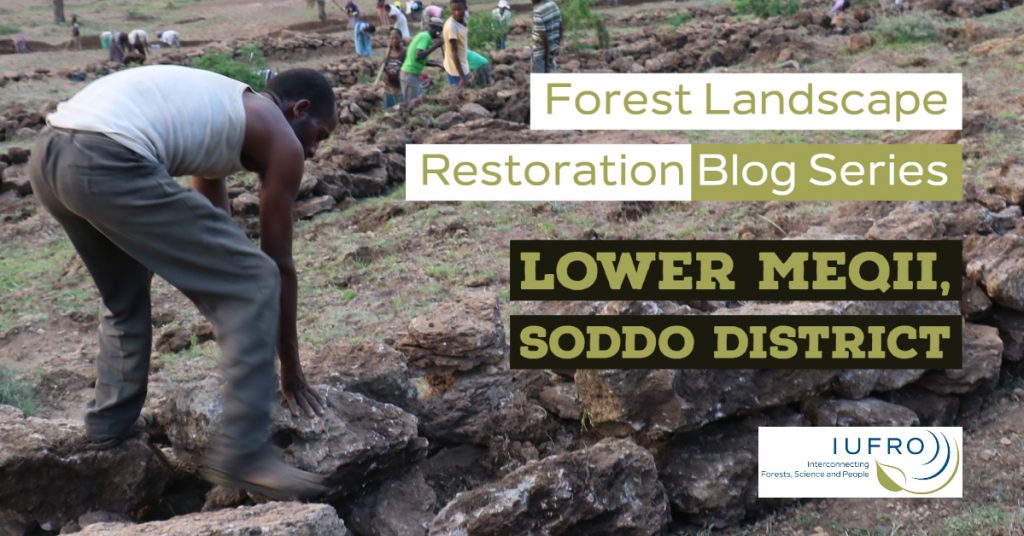
Ghana: communication with stakeholders helps to keep them engaged and active in forest restoration projects
Inside the forest. Wind blows. Leaves dance in synchronized movement. Joy with the result of protecting and restoring degraded forests.
“I was directly involved in the land preparation, planting, and maintenance of the trees together with crops,” said one of the female farmer participants of the forest landscape restoration (FLR) project in Ghana.
